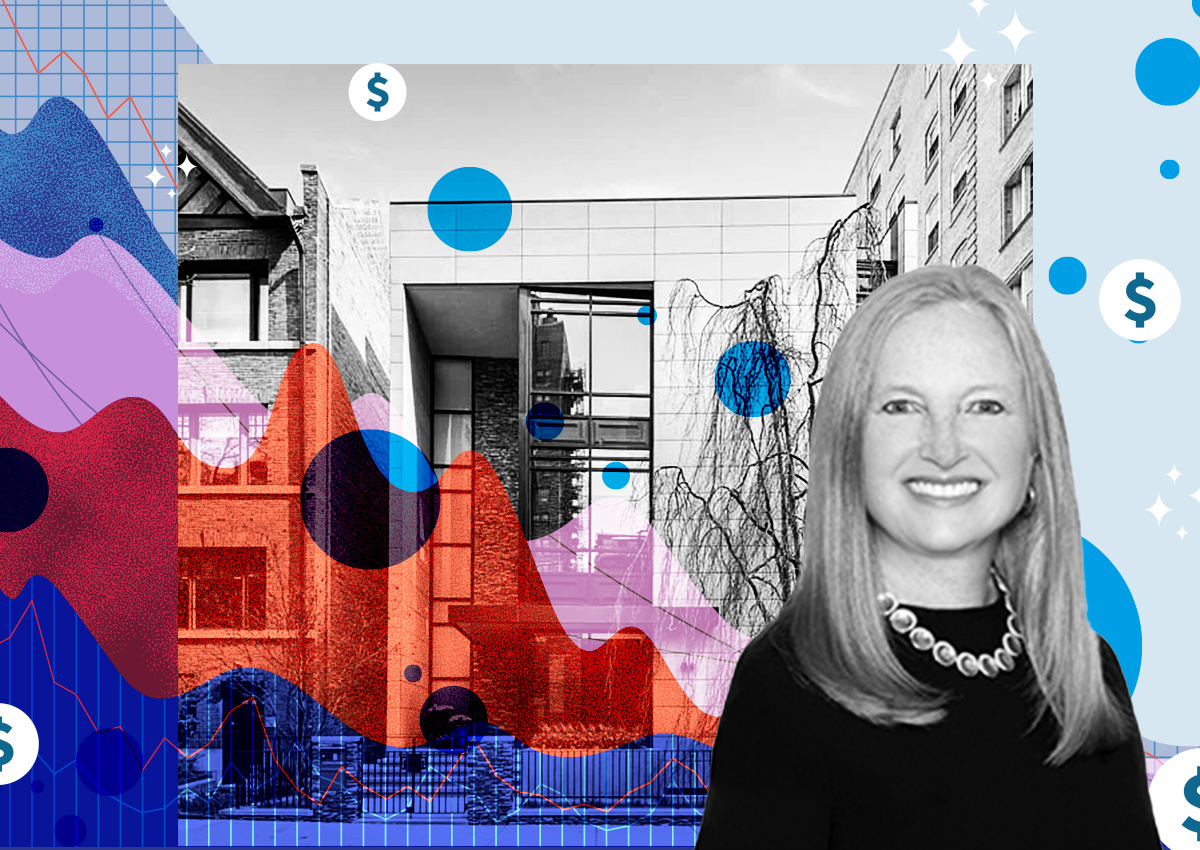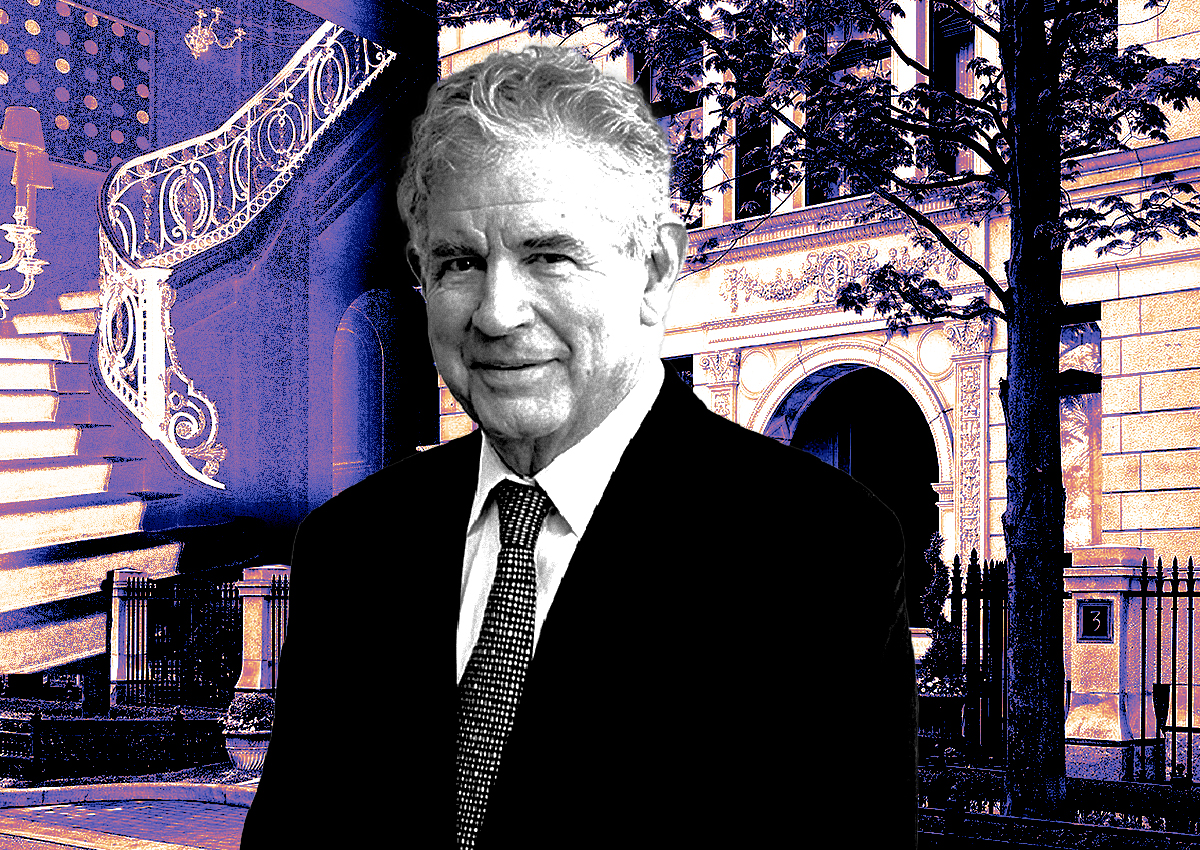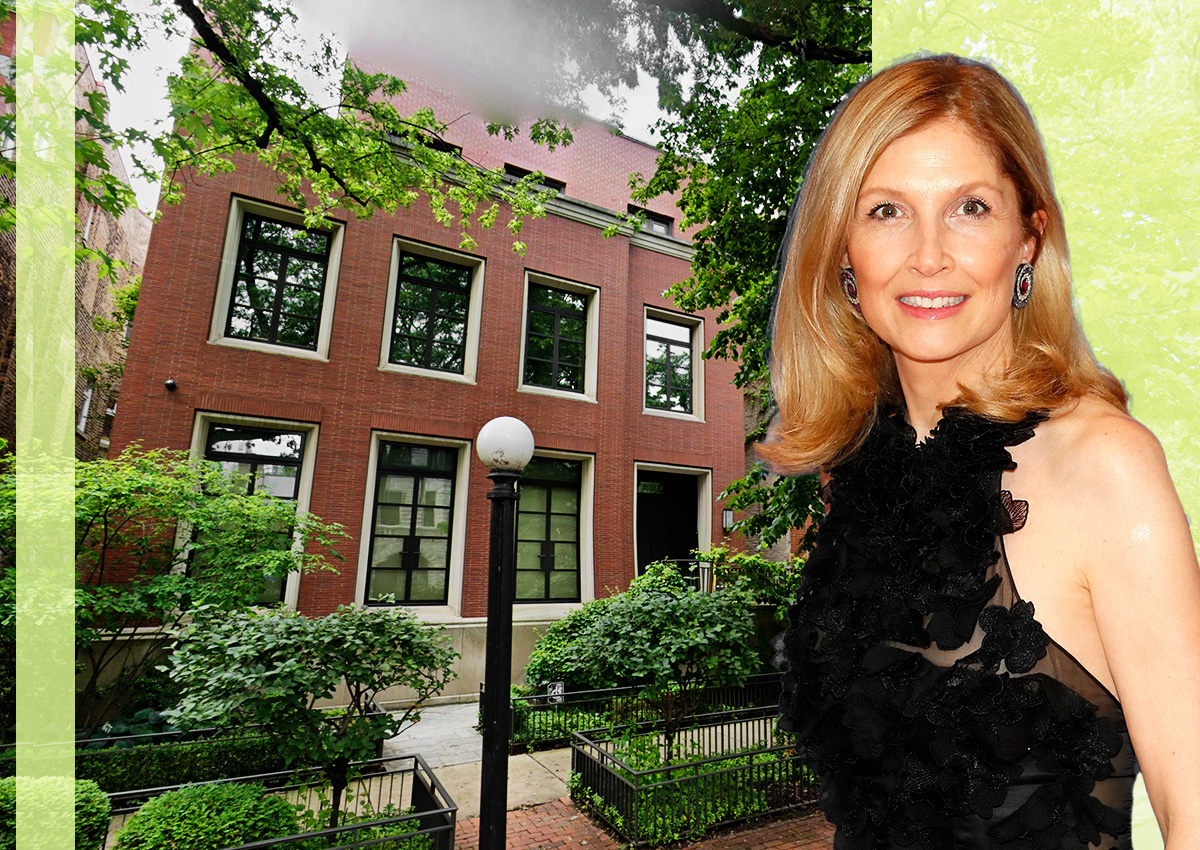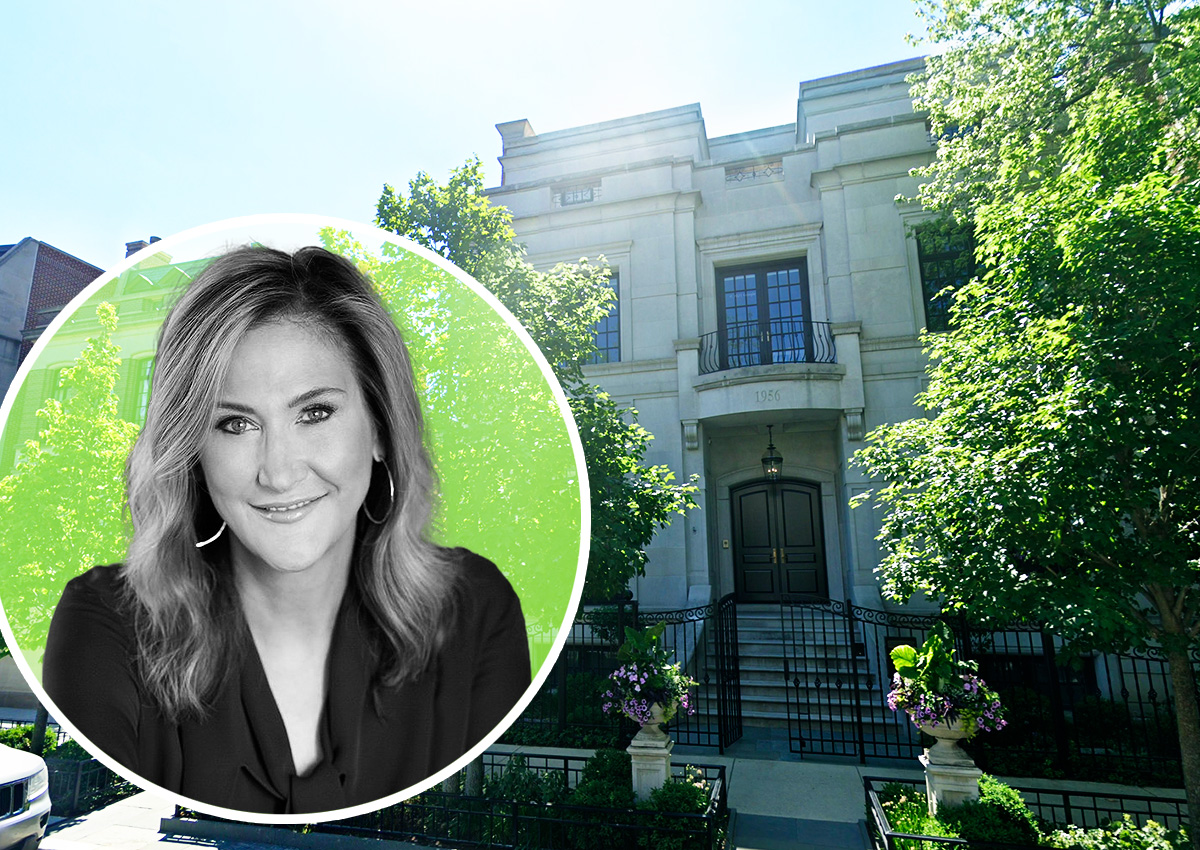When Mark Icuss’ client showed interest in buying a 10-year-old Gold Coast home, his research led him to narrow in on gaps between recent listing and closing prices.
Icuss evaluated available comparable properties in the Gold Coast area — the traditional center of wealth and power in Chicago — to determine a maximum price per square foot for single-family homes. He negotiated a price for his buyer, and targeted 54 East Scott Street, which the agent said is the second-newest home in the Gold Coast.
It came on the market over a year ago at $9.4 million, and took two price cuts before it sold well-below ask at $6.5 million, or $625 per square foot, to Icuss’ client. The agent said there’s a ceiling of about $850 to $900 per square foot that buyers are willing to spend in the area, including their costs to renovate or update a property.
That means homes needing such work won’t fetch that amount at the time of sale, even if the seller has put that much or more into the property, because buyers don’t want to exceed that level of investment. Thus, the Gold Coast presents a challenge in pricing for sellers — and an opportunity for buyers.
“You have to be very careful on the buy,” Icuss said. “For the house on Scott Street, that house is arguably one of the best built houses in the neighborhood. … But it wasn’t brand new. We had to take that into consideration.”
No comparison
Hefty price cuts at the top of the market aren’t just happening in the Gold Coast — luxury listings across other high-end Chicago neighborhoods and suburbs slashed prices as time on market lengthened.
The cuts aren’t driven by a single factor, with rising interest rates, a slowing economy and Chicago-specific issues like aging mansions in need of renovation all contributing.
Of course, reductions in some cases are made because the initial listing price was always out of reach for certain properties. And comparing high-end sales is tricky in many cases because they’re less common in Chicago than other major cities, further complicating pricing, said Tommy Choi, a broker with Keller Williams and former president of Chicago Realtors Association. So far this year, six homes have sold at or above $6 million in the Chicago area, according to public listing sites, leaving sellers limited information as they hunt returns on their investments.
“We’re not Manhattan, where those $10 million plus sales are a commonality, and there’s more data to be able to price and comp out,” Choi said. “And that’s the big allure and the magic of Chicago is when it comes to affordability, especially on the luxury side of things.”
‘Dust balls rolling’
Few homes are a better example of that than Chicago’s priciest listing. The massive Lincoln Park estate, originally listed for $50 million, took a steep price cut this year to 60 percent of its original ask.
The owners of that mansion at 1932 North Burling Street now seek $29.9 million for the 25,000-square-footer that sits on eight city lots. Richard and Michaela Parrillo initially listed the home for sale in December 2016 and, without any bites, lowered the asking to $45 million in February 2019. The couple put about $65 million into its construction.
Despite the loss they will likely take, their neighborhood is still perceived as stronger than the Gold Coast, and the disparity between the two favors Lincoln Park at all price points, according to Matt Laricy, one of the city’s top agents.
“It makes no sense, but you can be at the top of the Gold Coast, and see that Lincoln Park property across the park, and that Lincoln Park property is out of control,” Laricy said on his podcast. “If you had a telescope, you could see a line of people around the corner for an open house. And you’ve got a place in the Gold Coast and there’s dust balls rolling, and you’re a quarter-mile away.”
He cited two factors for the sag in the overall downtown market, including the Gold Coast: an increase in crime and the perception of crime in the downtown area, and remote work, which has cut down the number of people who want to live close to office buildings.
It’s still too early to tell if longer times on market and price cuts represent a permanent shift for the luxury market, because the 20 priciest sales each year trended upward since the pandemic began, Choi said.
Renewed talks of more than tripling the city’s real estate transfer tax on property sales of $1 million or more has had an effect on buyers looking in the luxury space, as well, Choi said.
“It’s not a concern of being deterred from buying because the cost of purchasing right now if that mansion tax were to have passed. It’s more so, what would that lead to in the future?” Choi said.
Age difference
To close a Gold Coast deal, agents must often overcome a division between the generation selling homes — who may value high-end real estate differently, having dreamed of owning an older mansion in one of the city’s established enclaves of wealth — and a younger roster of buyers open to different neighborhoods, and seeking updated homes that don’t require renovation.
“For past generations … if you got to live in a house like that down on the Gold Coast you are at the pinnacle of life and real estate, that was your aspiration,” Icuss said. “But [that’s lost on] the 35 to 45 year old tech entrepreneur or venture capitalists or private equity guy.
“It’s the best real estate in the city,” Icuss continued. “It’s all historic, it’s gorgeous, but when they walk in, it’s like walking into an old French chateau or an old museum: there’s an immediate disconnect.”
Exclusivity that comes with places like the Gold Coast is a double-edged sword. Homes there are hard to price because there is very little if any new product to act as a barometer. But Icuss expects that those who are buying in those limited pools while there is more inventory for sale now will likely be able to sell for a premium in the future.
Choi also anticipates those neighborhoods in the city recovering lost ground from the slide that occurred in the pandemic when people began leaving for more suburban areas that provided more space.
“Everything is cyclical,” Choi said. “Those buyers who make offers on those deals are going to fare very well in the next 10 years-plus in the future, because I do think that we’ll see those markets bounce back and the appreciation come back to where it once was and should be at today.”
Read more




